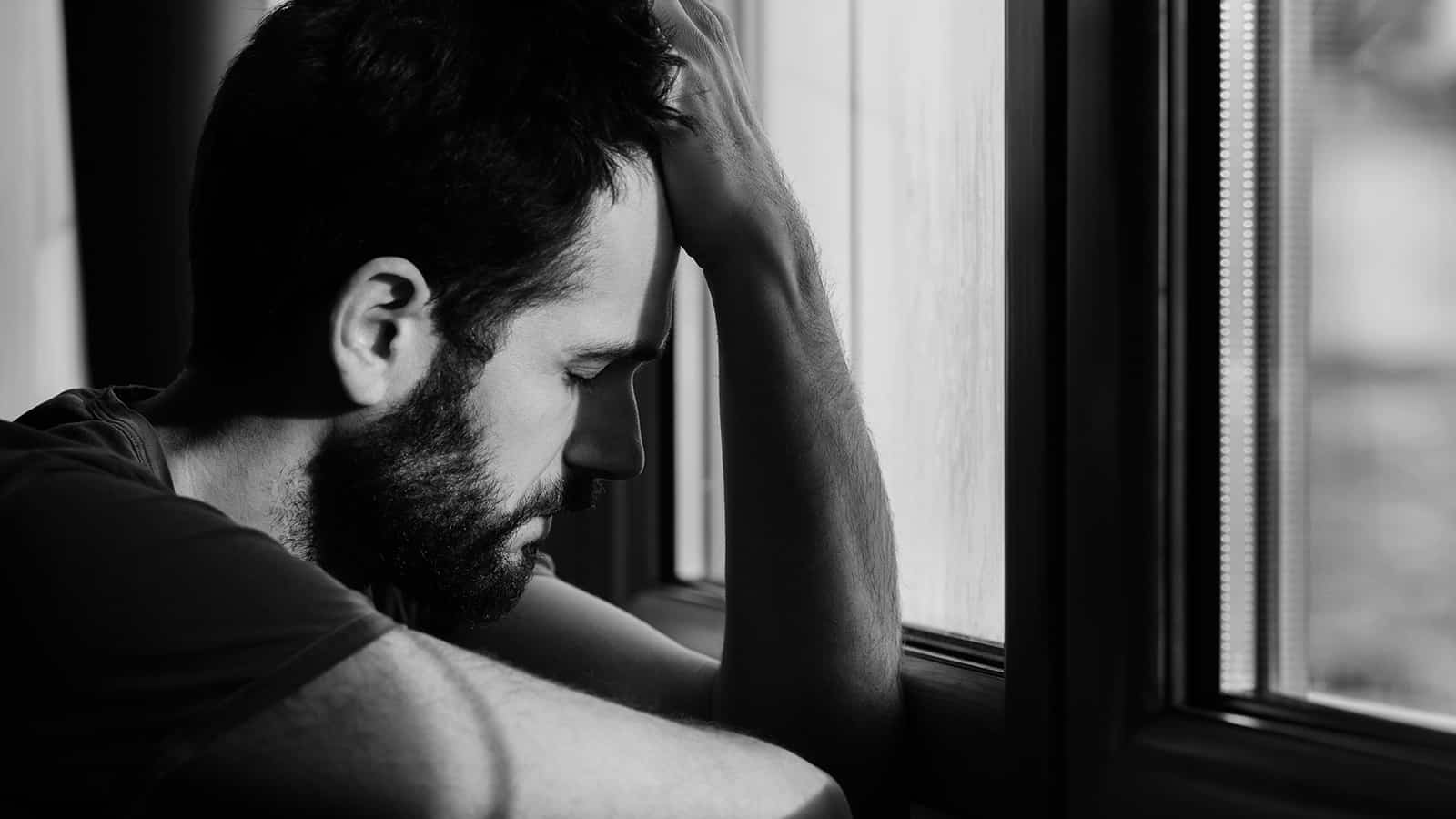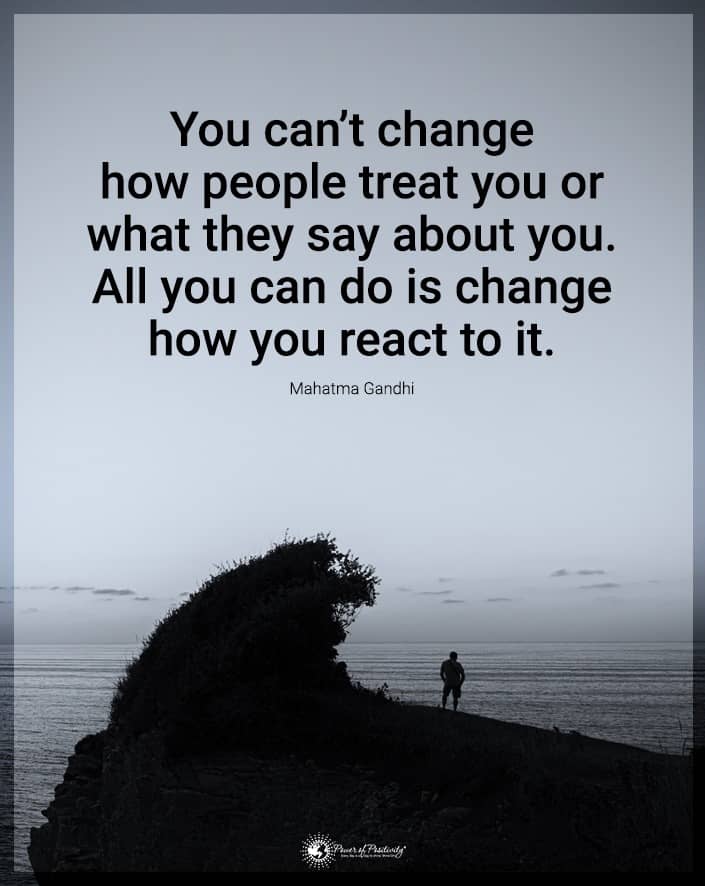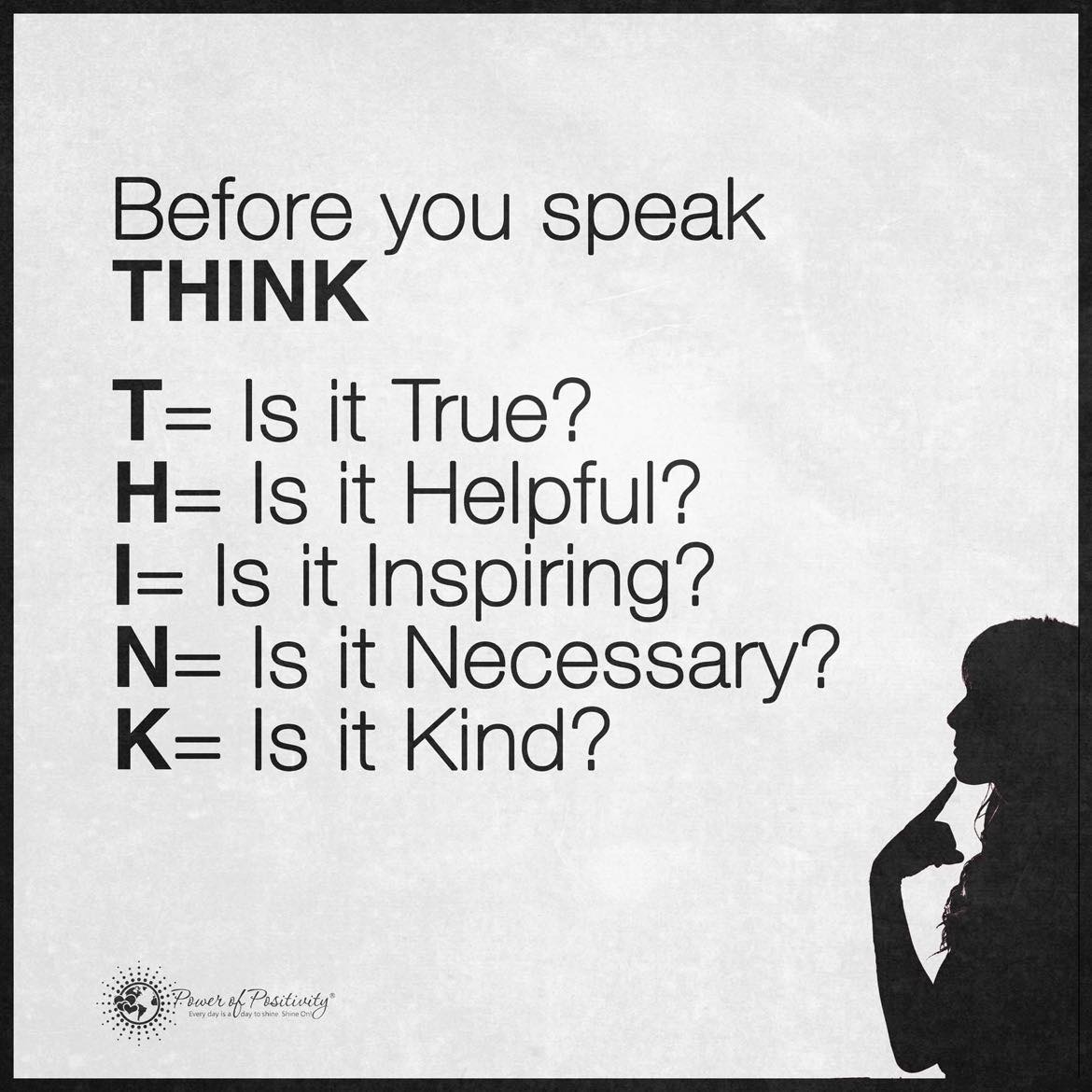When someone feels remorse about something they did, they will show it. But how can you tell if someone is full of remorse? Here are 10 habits to prove someone is remorseful for their past behavior.
Is there a difference between remorse and guilt?
Most psychologists say that showing remorse goes hand in hand with guilt. When you’re stricken with guilt, you feel bad about what you did and the impact it had on somebody else. Feelings of remorse and regret are key to feelings of guilt. When you feel guilty, you mull over your wrongdoing, wishing you had acted differently. This is a healthy feeling. People who show no guilt are mentally unstable.
Ten Behaviors That Prove Someone Is Remorseful
These behaviors reveal a person showing remorse
1 – They admit their mistakes
If someone hurts you, they should admit it. This person should speak and act remorsefully, without trying to defend themselves. They should say things like,
- I’m sorry I hurt you.
- I feel like what I said wasn’t loving. Not only that, but I realize I hurt you. I’m sorry.
- I was wrong. Please forgive me.
- I made a mistake when I said __________. That wasn’t loving. I’m so sorry.
When someone admits their mistakes, they display a level of transparency and vulnerability. They’re humbled by their wrong actions, and they want to make things right.
2 – They take responsibility
An obvious sign that someone is showing remorse is when they take responsibility for what they did. They admit to being wrong; they have regret and say they’re sorry. Blame-shifting isn’t on the menu, they take full responsibility. They don’t blame you or say things like
- I was wrong, but you……
- I wouldn’t have made that mistake if you hadn’t……
- If you weren’t so ________, I wouldn’t have done that.
Rather than blame others, they should understand that they messed up. They should think about what they did and care enough to humble themselves to own their actions.
3 – They share a heartfelt apology
Remorseful feelings should lead the person who wronged you to apologize. This isn’t a quick, “I’m sorry.” A remorseful confession should be sincere. If they say, they’re sorry and move on, good chance they’re not genuinely full of remorse. If their apology isn’t genuine, they may try to figure out how to get you to stop being mad at them. Some suggest that a heartfelt apology should contain three things:
- Admit the wrong done that caused you pain
- Explain how they plan to change in this area
- There should be a genuine change that occurs in this area
4 – They avoid repeating the same mistake
If someone is genuinely remorseful, besides admitting their mistake and apologizing, they will attempt not to repeat the same error. No one is perfect, but people can change if they want to. Learning from a mistake is often the catalyst for actual change to happen. Mistakes reveal areas of life that need revision. Breaking the cycle means genuine change can occur because their eyes are open to their behavior.
If you notice the person is attempting to change, be sure to encourage them. Sometimes mistakes lead people to feel like giving up. But if their actions are speaking louder than their words, they will feel genuine remorse, meaning they will regret their actions. That is worth expressing gratitude.
5 – They want to fix the problem
Hurting someone has consequences. Suppose someone shares a genuine apology and works hard to avoid repeating their mistake. But sometimes there is something they need to fix because of their misdeed. This could give back the money they stole from you or replace something they broke. Of course, not everything can be replaced. If there is something that can be fixed, they should do it. Fixing the problem should be their idea, not yours because this reveals a genuine regret. Don’t minimize their efforts to correct the problem. It’s good they’re making this effort.
6 – They learn about themselves
Everybody makes mistakes, but some of the best lessons learned in life come from making mistakes. Remorse wakes a person up to their need for change in a particular area of their life. Researchers suggest that an individual’s misdeed challenges their assumptions about themselves. They realize they had a terrible judgment, or they compromised in a specific area. Mistakes are a sort of trial-and-error type of learning. Sadly, sometimes a person’s mistakes affect others. Real remorse will motivate them to learn life-changing lessons. Part of learning involves self-evaluation. Some self-evaluation questions include:
- Why did I do that?
- Was I trying to prove something to myself or the other person?
- Who was I thinking about? Me or the other person?
- How can I change?
- Do I want to change?
- What do I realize about myself that I didn’t know before?
7 – They show empathy
When someone is full of remorse, they feel empathy toward you. They feel sorry about the pain they caused you and empathize with you. They imagine how they would feel if you had wronged them. Empathy involves care and being able to put yourself in someone else’s place. If a person is empathetic, they’ll
- Show they’re interested in how you feel
- They’ll be supportive of you
- They’ll express gratitude to you
8 – They should ask for accountability
Asking for accountability is a sign of remorse and regret. They don’t trust themselves in the sense that they know they may do the same thing again. So, they ask you to point out when they do “it” again. For instance, if someone belittles you in front of your friends, and you’ve told them how hurtful it is, they should ask you to hold them accountable if they do it. Unrepentant people don’t like accountability. They’re not interested in changing. If you want to know if someone is remorseful for past behavior, they’ll ask for your help to change.
9 – They care about how you’re feeling
Is the person sending you a text to ask how you’re doing? Did they drop off your favorite coffee drink at work? Are they reaching out to your friends to see if you’re okay? No doubt, they’re feeling bad about hurting you, and they want to express their care for you. If they didn’t care, they wouldn’t bother doing these things. They have genuine feelings of remorse. Of course, they should do other things like give you a sincere apology and avoid repeating the same mistakes, but actions speak aloud, so take notice.
10 – Communicate
A person who feels remorseful will want to talk to you about what happened. They’ll urgently start a conversation. Communication will be a priority because they have a genuine desire to understand and confess the part they played. If someone avoids talking to you after they make a mistake, it could mean they don’t regret what they did. When they hurt you, someone who loves you wants to make amends. Communication is foundational for a relationship to succeed, but it takes time and effort. They will show their remorse meaning. They’ll thoroughly communicate with you about how what they did affects you and how they can change.
Can you tell someone is remorseful by looking at them?
When your friend apologizes for hurting you, do you think you’re able to tell by their face that they’re full of remorse for what they did? Probably not, according to some experts. Researchers found your past affects how you read people’s facial expressions. Your experience, knowledge of emotions, and beliefs sway your interpretation. You may think you know what remorse looks like by observing an individual’s face or body language, but you may be wrong.
Guilt links closely to remorse. Both are emotional experiences that arise when you feel you did something wrong. There isn’t a lot of research on facial expressions related to guilt or remorse, even though people say they can see in a person’s face that they feel guilty.
What’s the difference between remorse and self-condemnation?
The remorseful person humbles themselves enough to repent of their misdeed. Self-condemnation differs from remorse. It’s directed more at themselves than the person they’ve sinned against. Here’s a list of words associated with these two attitudes.
| Remorse | Self-condemnation |
| Healthy guilt | Severe feelings toward yourself |
| regret | Self-loathing |
| Sense of sorrow | Desire to punish yourself |
| Accept responsibility | Won’t accept responsibility |
| Repentance | Blame others for their mistakes |
| Contrition | Disappointment in themselves |
| Admit mistakes | Perfectionist |
Final thoughts on identifying a remorseful person
Everyone makes mistakes, but sometimes the mistakes hurt other people. This should cause a sense of remorse. It’s difficult to know if someone is remorseful for the pain they caused. You can’t tell by just looking at them, but these ten habits show whether they’re full of remorse. They should attempt to fix the problems they created and give you a genuine apology. Hopefully, they’ll learn from their mistake and ask for accountability, so they can avoid doing the same thing again. It’s up to you to decide their motives, but time should tell if they’re remorseful.

















 Community
Community

